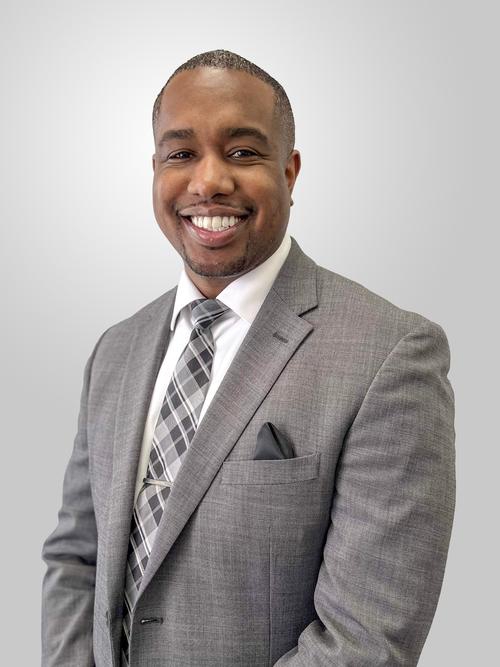.jpeg) An estate plan is more than just a will. In order to protect yourself, your assets, and your family if you become incapacitated or die, you will need to complete a series of important documents, only one of which is a Last Will and Testament. The estate planning team at Littlejohn Law, LLC shares what we consider to be the essential documents you need for a comprehensive estate plan.
An estate plan is more than just a will. In order to protect yourself, your assets, and your family if you become incapacitated or die, you will need to complete a series of important documents, only one of which is a Last Will and Testament. The estate planning team at Littlejohn Law, LLC shares what we consider to be the essential documents you need for a comprehensive estate plan.
Every Estate Plan Should Have These Documents
Every family is different, and therefore every estate plan is different. When you work with an estate planning attorney at Littlejohn Law, LLC, you can be sure that your unique goals and wishes will be met with the documents we put together just for you. However, we believe that every estate plan should have, at a minimum, the following documents:
- Will. In a Last Will and Testament, you can name who you want to leave your property to, appoint a legal guardian for minor children, and name an executor to settle your affairs and make sure the terms of your will are carried out, among other things. This document will have to go through probate court before the terms are enforced, and the heirs receive anything.
- Healthcare power of attorney. In this document, you will designate a trusted person to make healthcare decisions on your behalf if you become unable to do so. Sometimes, people have a Living Will instead of this document, but we believe a healthcare power of attorney allows for better decisions to be made on your behalf. For example, rather than having a blanket Do Not Resuscitate (DNR) order in a Living Will, your appointed agent will make a decision about your end-of-life care with the input of medical professionals.
- Durable (financial) power of attorney. This document appoints an agent to take care of all of your financial affairs—paying bills, managing bank accounts, etc.—if you become physically or mentally incapacitated. The document will spell out exactly what you want your power of attorney to be able to do on your behalf.
- HIPPA release. Signing this release allows medical professionals to release information about you or to discuss your medical care with a designated person. Your healthcare power of attorney must be named in a HIPAA release as well.
- Document appointing a funeral representative. In this document, you name the person you want to handle your funeral arrangements. You can also provide instructions for what you would like those arrangements to be. This is an important document because these decisions need to be made quickly, long before a will can get through probate.
When these documents are in place and updated regularly, you should be in pretty good shape, no matter what happens. However, if you are concerned about taxes, avoiding probate, and privacy—or you have a child with special needs or a charity you would like to support—we also typically recommend setting up trusts. When you meet with our estate planning team, we will go over all of your options for creating and funding trusts.
Littlejohn Law, LLC Is Here for All of Your Estate Planning Needs
Despite what a well-intentioned friend or family member might have told you, it's not enough to print off a free will from the internet. If you want to protect yourself in case of incapacity and provide for your family after you are gone, you need a comprehensive estate plan designed by a legal professional. Contact our office today to find out what we can do for you.
|
Related Links: |

